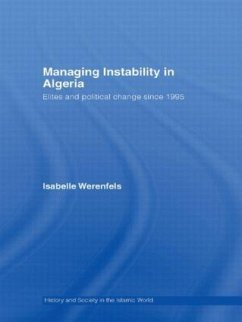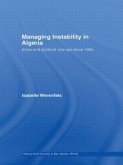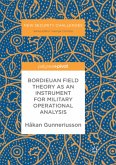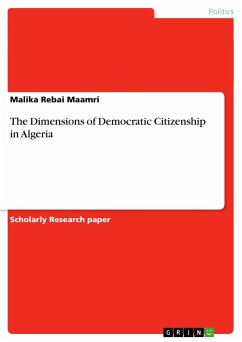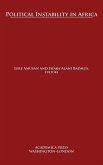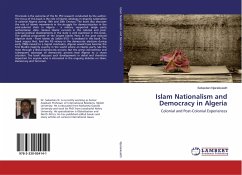This topical new book seeks to understand the relationship between elite dynamics and strategies and the lack of profound political change in Algeria after 1995, when the country's military rulers returned to electoral processes. Using evidence from extensive fieldwork, Isabelle Werenfels exposes successful survival strategies of an opaque authoritarian elite in a changing domestic and international environment. The main focus is on: the changing balance of power between different elite segments the modes of generation change and the different emerging young elite types constraints, obligations and opportunities arising from elite embeddings in clienteles networks and in specific social and economic structures. Building rare evidence from fieldwork into a multidisciplinary analytical framework, this book presents a significant input to the more general literature on transition processes and is particularly relevant as the West pushes for democratic reforms in the Middle East and North Africa.
Hinweis: Dieser Artikel kann nur an eine deutsche Lieferadresse ausgeliefert werden.
Hinweis: Dieser Artikel kann nur an eine deutsche Lieferadresse ausgeliefert werden.

